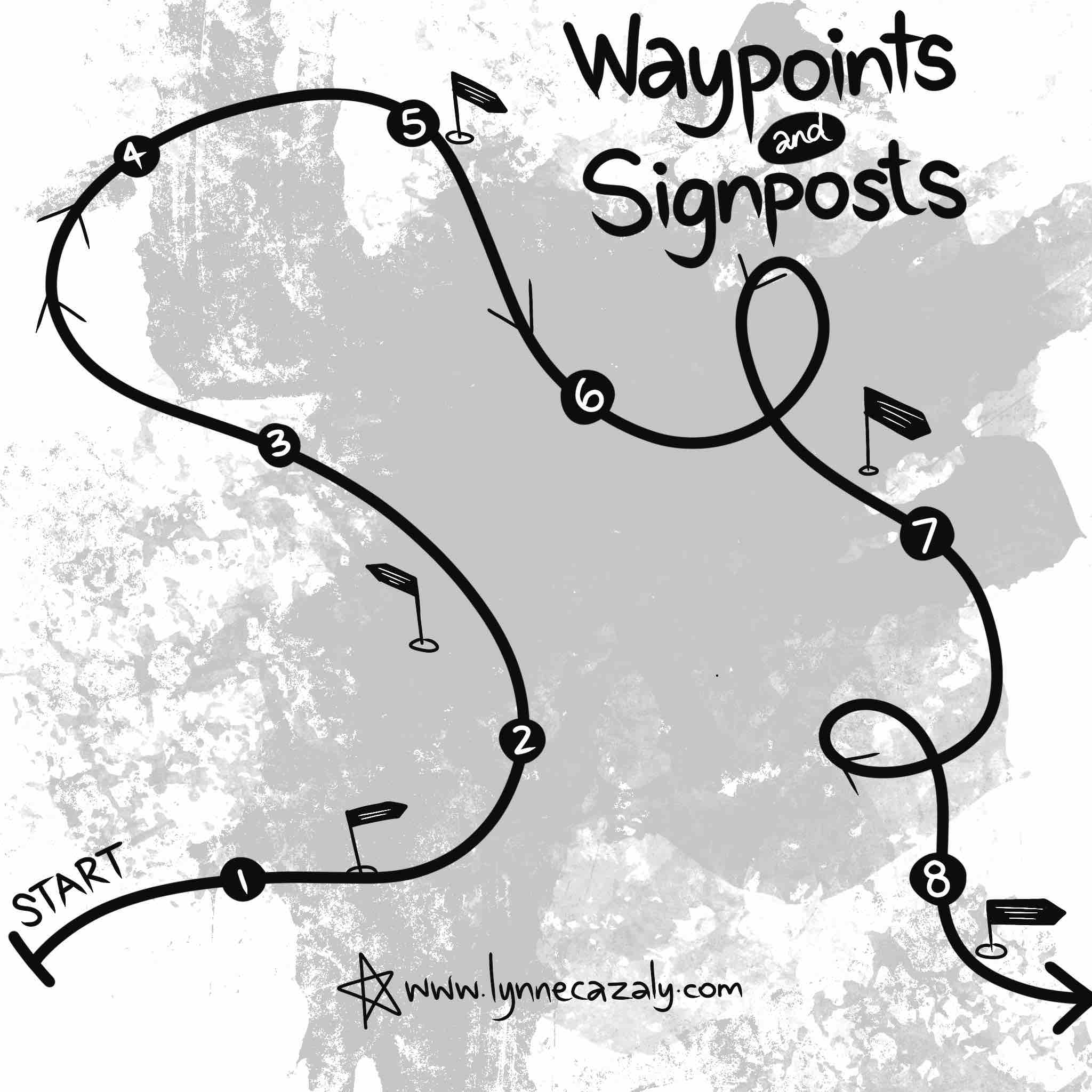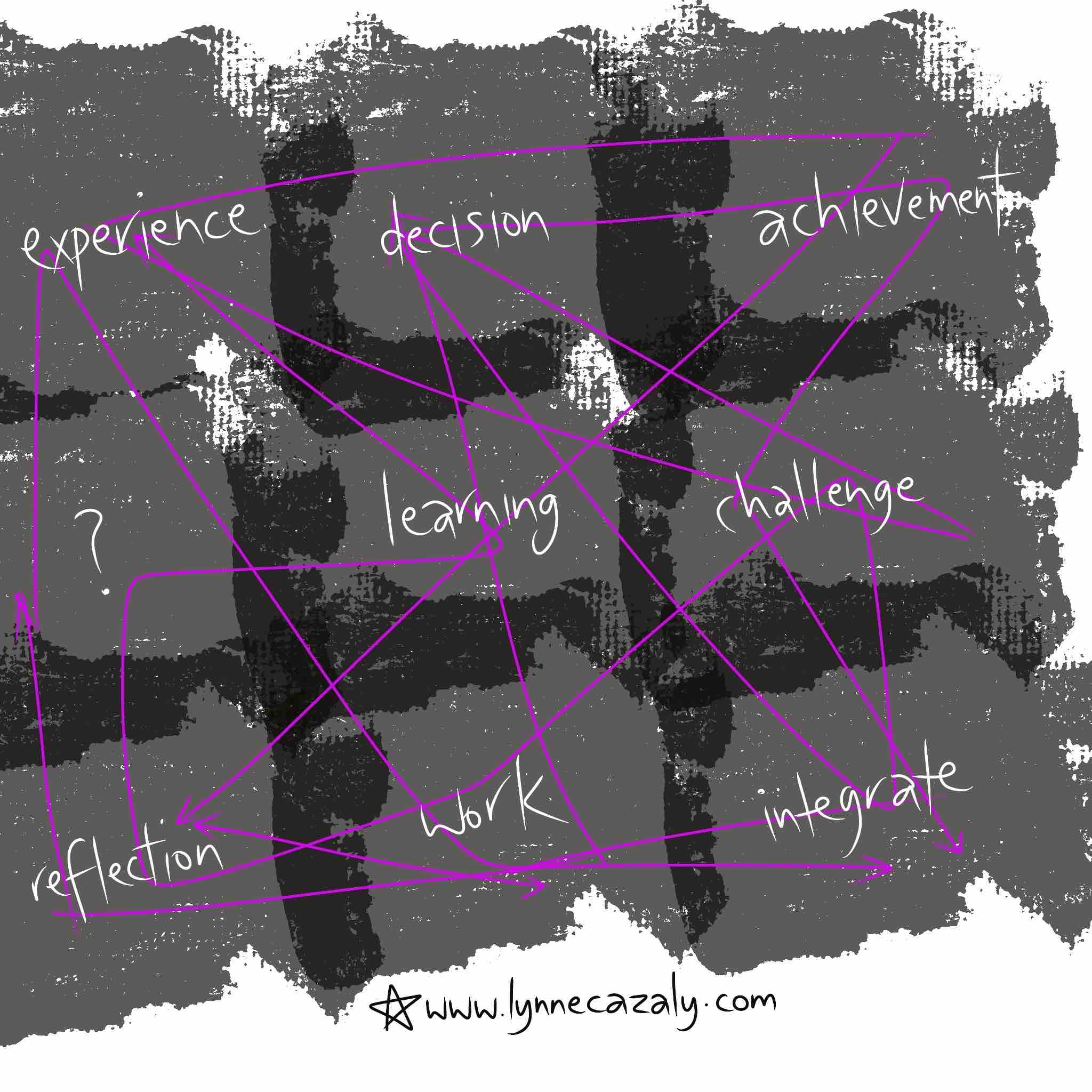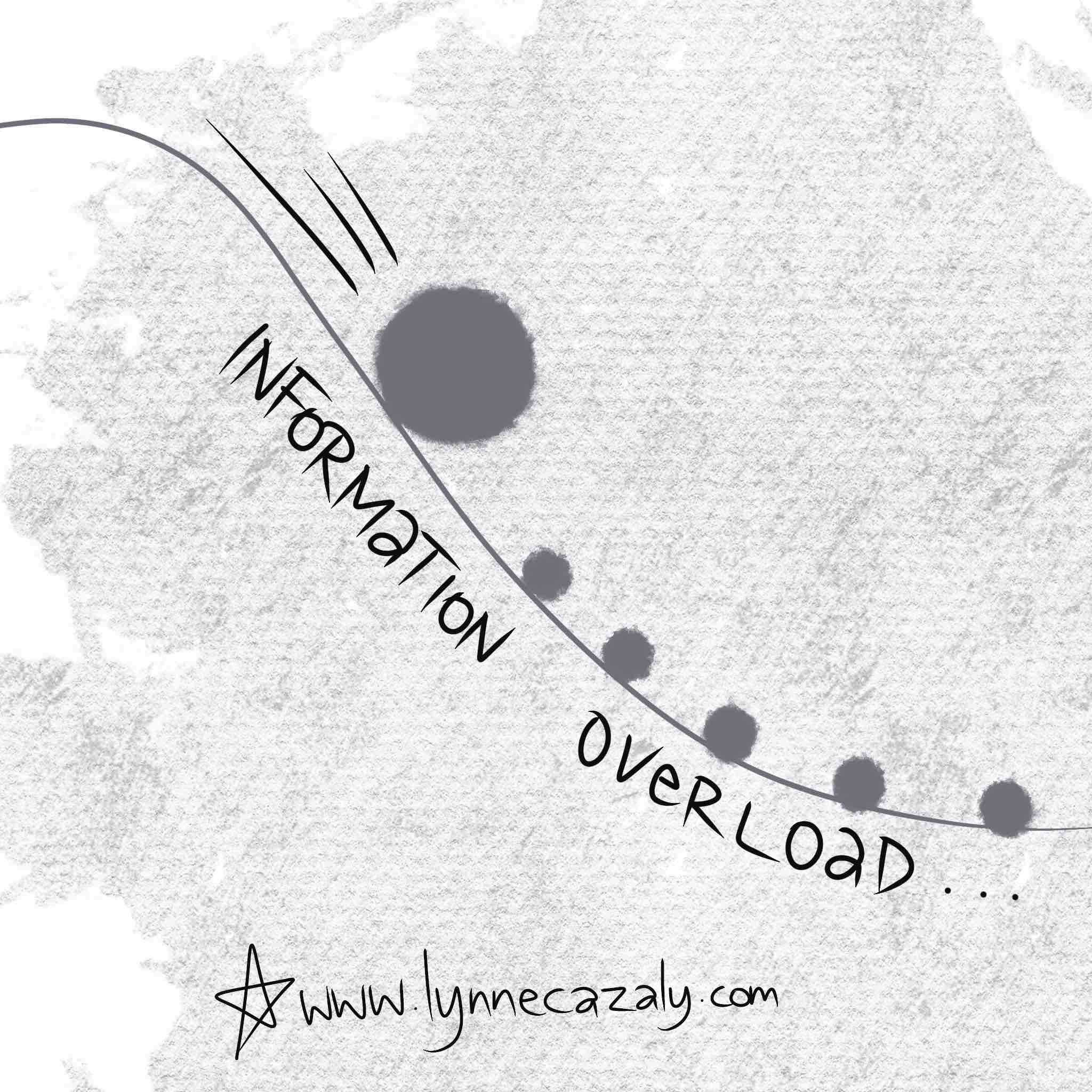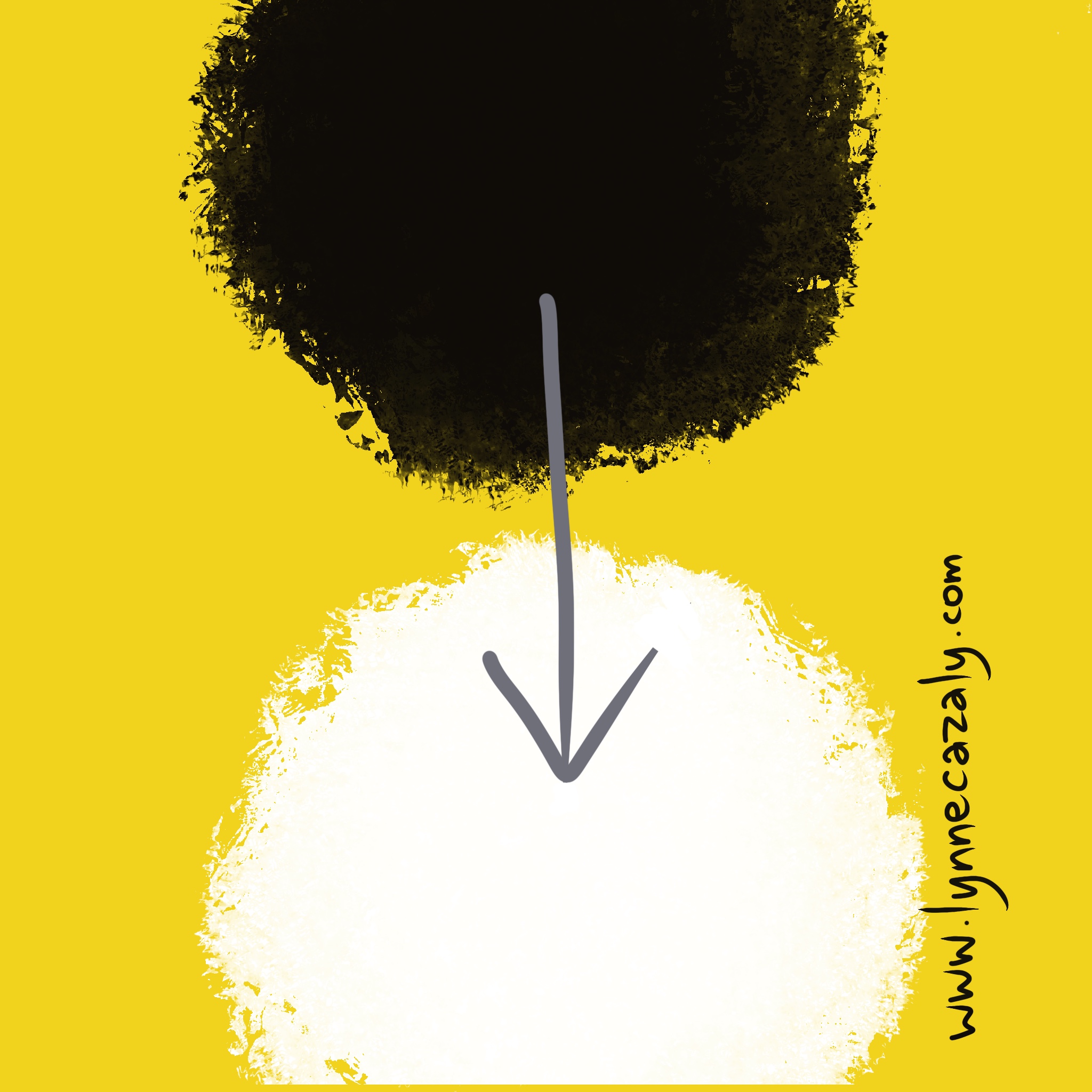Why does it resonate
 Monday, August 17, 2020 at 11:48AM
Monday, August 17, 2020 at 11:48AM  When something resonates, it reverberates. The sound is prolonged and full.
When something resonates, it reverberates. The sound is prolonged and full.
When something resonates for someone, it’s having that full reverberation with them, echoing, resounding, filling space.
It’s like the sound in an opera house, specifically designed for reverberation. Or the drawn out ‘donnnnnnnggg’ of a bell.
Resonance in humans is a pretty big deal!
‘This really resonated with me’, is a comment we’ll read or hear from people. They’re sharing the effect a message, story or experience had for them.
Take notice when someone says that it resonated. It tells you about what’s important to them, what’s on their mind, and what they might need.
It highlights what connected and reverberated for them.
And it’s so important today... in times where we’ve been socially distanced, working remotely, and dealing with significant change.
We can notice when something resonates for us, too.
It means we’ve struck something - important, meaningful and valuable.





















